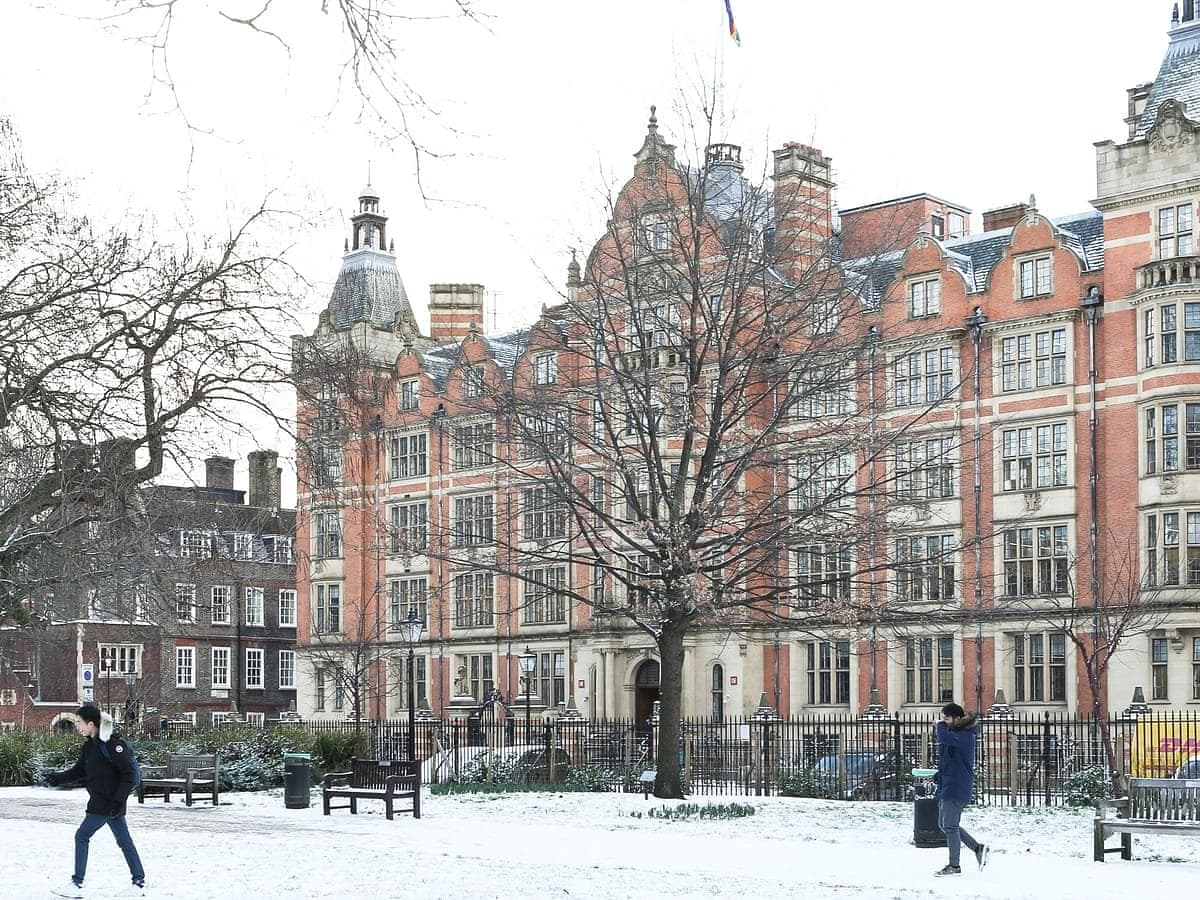The degree involves studying courses to the value of 12 units over three years, plus LSE100.
The programme is designed to develop core knowledge and skills, while also allowing students to follow particular interests in environmental policy-making and economics. The first year will provide you with a grounding in environmental change and sustainable development, combined with appropriate training in economics and mathematical methods. From the second year you will be able to choose between some optional courses, and you will have the opportunity to undertake your own individual research project in the final year.
There is the option of a fieldtrip (normally overseas) as part of the second-year course Field Methods in Geography and Environment (see Fees and Funding section for details of costs). You will also have the opportunity to undertake your own individual research project in the final year.
First year
In the first year of the programme, you take courses which deal with issues of environmental change and sustainable development. You will also take microeconomics and macroeconomics. Additionally, you will take two half unit quantitative methods courses, and LSE100.
(* denotes a half unit course)
Environmental Change: Past, Present and Future
Explores the forces responsible for our dynamic environment and the changes that shape all life on Earth, our species, and society.
Sustainable Development
Examines how the natural world is affected by development decisions and how these decisions shape human development across geographical regions and socioeconomic groups.
Quantitative Methods (Mathematics)*
Quantitative Methods (Mathematics) develops the basic mathematical tools necessary for further study in economics and related disciplines.
Quantitative Methods (Statistics)*
Quantitative Methods (Statistics) develops elementary statistical tools necessary for further study in management and economics.
Microeconomics I*
This course provides a foundation to help students understand key microeconomic questions using a variety of approaches including quantitative methods.
Macroeconomics I*
This course provides a foundation to help students understand key macroeconomic questions using a variety of approaches including quantitative methods.
LSE100*
A half unit, running across Michaelmas and Lent Term in the first year, LSE100 is compulsory for all LSE undergraduate students, and is designed to build your capacity to tackle multidimensional problems through research-rich education.
Second year
In the second year, you take two compulsory environmental courses, economics courses, and course/s to the value of one unit from an approved list, including options outside of the Department.
Environment: Science and Society
Examines debates concerning the nature, cause, and effects of, and alternative solutions to, the key natural environmental degradation and pollution problems faced by human societies.
Applied Environmental Economics
An introduction to the use of economic principles in the analysis of environmental change and natural resource use and in designing appropriate policy responses.
Microeconomics II*
This intermediate-level course will help students understand key microeconomic questions and challenges and also evaluate possible solutions using a variety of approaches including quantitative methods.
One from:
Macroeconomics II*
This intermediate-level course will help students understand key macroeconomic questions and challenges and also evaluate possible solutions using a variety of approaches including quantitative methods.
Econometrics I*
Introduction to econometrics to teach students the theory and practice of empirical research in economics.
One course from second year approved options
Third year
In the third year, you will choose courses to the value of two units from a range of geography and environment options. You will also take courses to the value of two units from a list of approved economics and further geography options, one unit of which may be a dissertation.
Geography options to the value of two units
Options to the value of two units from geography and/or economics from a list
